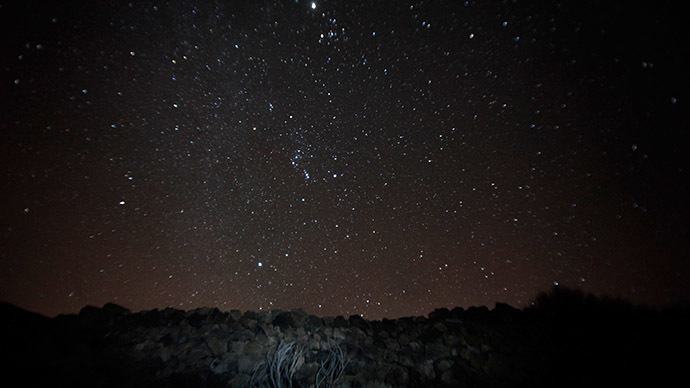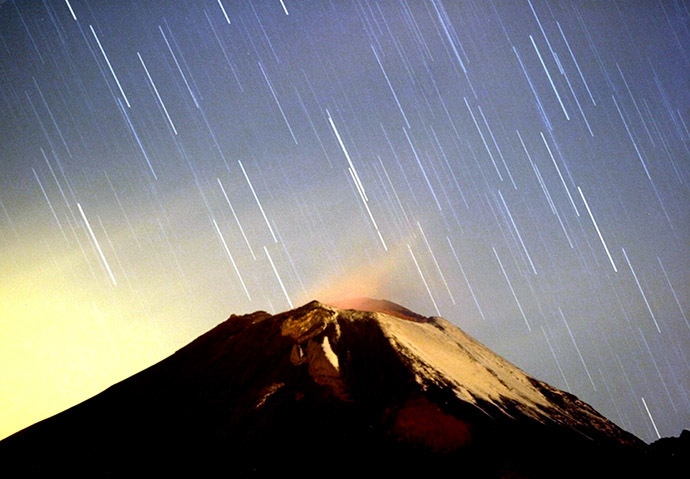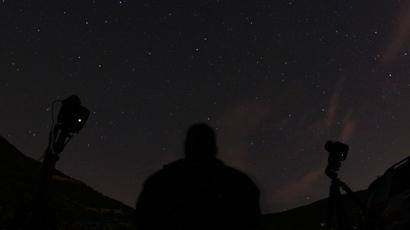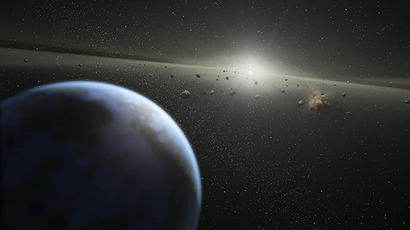Shooting star shower: UK awaits the annual coming of Geminid

Earth's northern hemisphere, and UK in particular, are braced to witness one of the most dazzling celestial displays of the year as it awaits the start of a 10-day night show called the Geminid meteor shower, with more than 100 shooting stars per hour.
The meteor shower will start on Sunday and peak on December 13 and 14. Sky gazers should expect an astronomical display of awe-inspiring show of “shooting stars” of bright fireballs, as they relatively slow-glide through the night sky. The Germinids perform excellently as a rule, under bright, crisp, clear winter skies.
Meteor showers are annual phenomena which happen when the Earth crosses paths with a swarm of space debris, which burns up upon reaching the Earth’s atmosphere, causing “shooting stars” to appear. The meteoroids causing the Germinids were left by an asteroid 3200 Phaethon – one of two meteor showers not originating from a comet.

Urban dwellers would do themselves a favor by getting far away from big city lights and viewing the meteor shower in the wilderness. No equipment is usually needed because a telescope or binoculars just narrow the view.
The Geminid shower got its name from the constellation of Gemini, the Twins. On the night of its peak the meteors start to emanate from a spot in the sky near the bright star Castor in Gemini. This shower is less known than another annual meteoric performance named the Perseids, in part because December weather often hinders a clear view of the spectacle.














